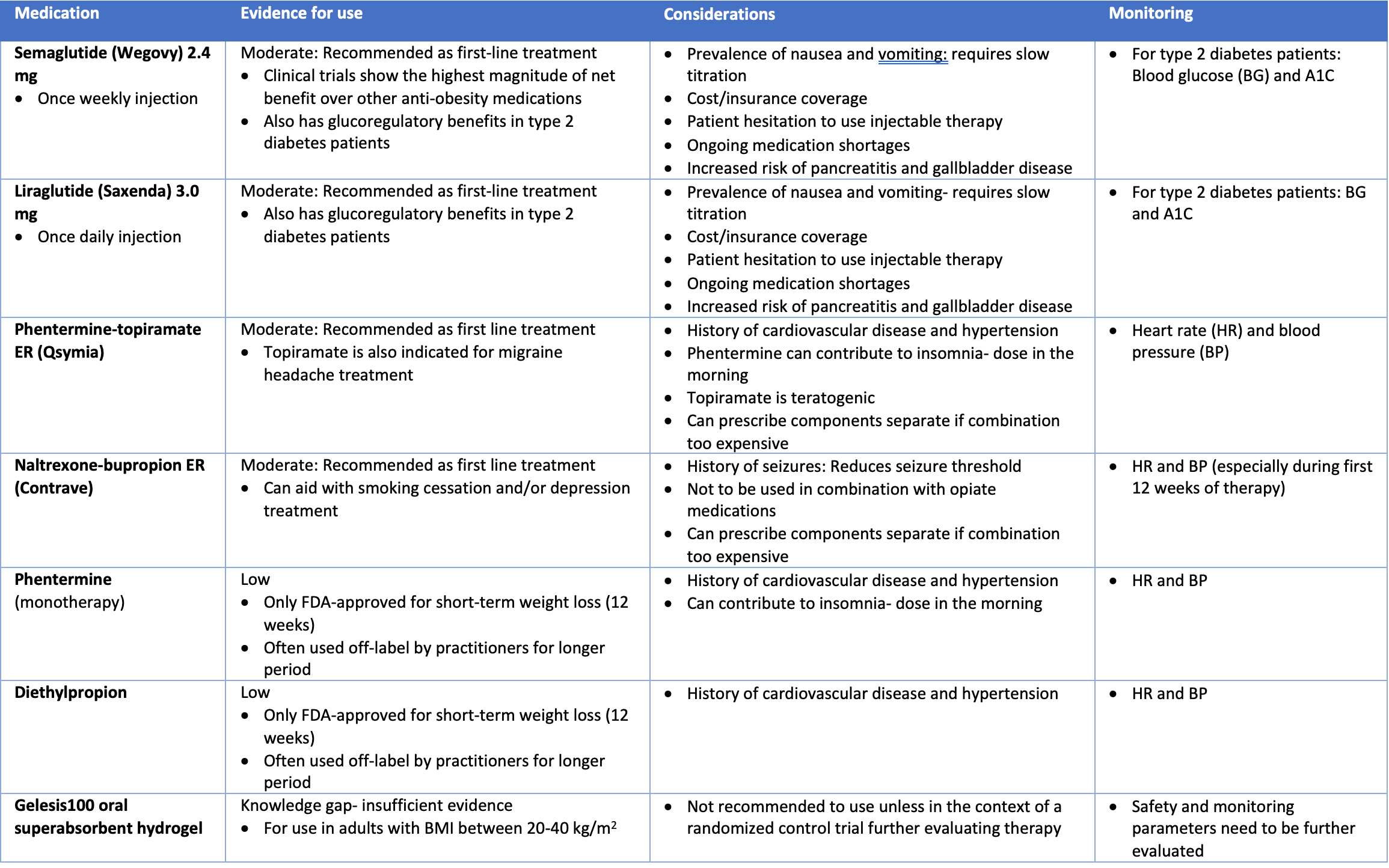Weigh To Go! American Gastroenterological Association Weight Loss Management Guidelines and Updates
Available pharmacological therapies have shown high efficacy in achieving weight loss.
Background
In November 2022, the American Gastroenterological Association (AGA) published a guideline on the pharmacological management of obesity. This guideline provides evidence-based recommendations to inform the long-term management of adult obesity with pharmacological therapies.
Image Credit: Adobe Stock - 9dreamstudio

The prevalence of obesity in the United States continues to progress, with a more than 10% increase from 2000 to 2020. Development of obesity-related complications—including cardiovascular disease, stroke, type 2 diabetes, non-alcoholic steatohepatitis, and certain types of cancer—in patients is a major concern. Lifestyle modification is the cornerstone of weight loss treatment but has been found to have limited long-term efficacy and durability in most patients. Pharmacological therapies are available and have high efficacy in achieving weight loss.
This guideline strongly recommends the use of pharmacotherapy in conjunction with lifestyle intervention in obese adults (with a body mass index [BMI] ≥ 30 kg/m2 or ≥ 27 kg/m2 with weight-related complications) who have inadequate response to lifestyle interventions.
Table. Recommended therapies to use with lifestyle intervention

- None of these medications should be used in pregnant women.
- Caution should be exercised when considering weight loss medications in patients with certain eating disorders. Their use should be avoided in patients with active bulimia nervosa and closely monitored in patients with binge eating disorder.
- It is notable that Xenical (Orlistat) was excluded from this guideline. The AGA recommends against the use of Orlistat for weight loss.
Limitations for consideration
There are many factors that contribute to the challenge of addressing weight loss management. Weight loss involves both behavioral and biological factors that play a leading role in a patient’s ability to achieve significant weight loss.
Studies have shown that patients may consider weight loss successful only if they experience the same magnitude of weight loss as from the bariatric approach, whereas current clinical evidence for our pharmacologic agents shows that even with the best available therapies, patients average 15% total body weight loss. The key to weight loss treatment is setting realistic goals and expectations for patients and educating them that they are more than a number on a scale.
Clinicians should highlight health-related and quality of life improvements with patients and the use of body weight to help assess improvement. Obesity is both a disease and risk factor for other chronic disease states that need to be managed.
Cost is a major barrier for patients to have access to these therapies. With obesity rates being often higher in our underserved communities, this is a major concern. There are several manufacturer coupons available and coupon cards through programs such as GoodRx that we can use to help patients with cost.
It is also important to note that many of the studies providing the evidence for these anti-obesity medications were evaluating non-Hispanic white patients. There is concern for the generalizability of these recommendations to other patient populations, but it is not enough to recommend against their use in them.
About the Author
Author: Stephanie Schafer, PharmD Candidate, Creighton University Class of 2023
Preceptor: Lauren Stonerock, PharmD
Resources
Clinical decision support tool: Pharmacological interventions for adults with obesity. Gastroenterology. 2022;163(5):1226. doi: 10.1053/s0016-5085(22)01096-4
Grunvald E, Shah R, Hernaez R, et al. AGA clinical practice guideline on pharmacological interventions for adults with obesity. Gastroenterology. 2022;163(5):1198-1225. doi: 10.1053/j.gastro.2022.08.045
